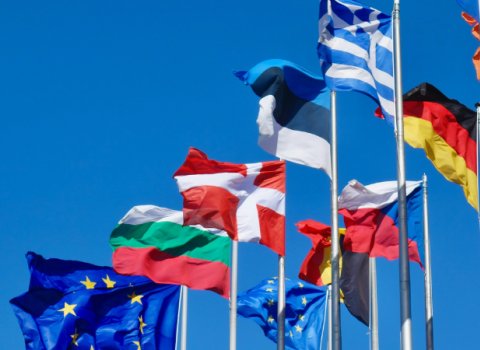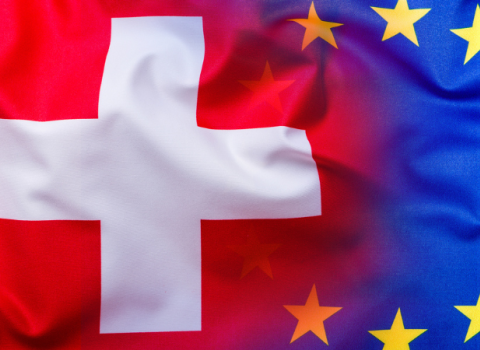The European Commission is beginning to put together its new Scientific Advice Mechanism (SAM) after the axeing of the Chief Scientific Adviser post. Three eminent researchers have been given the task of identifying seven outstanding scholars, who will be supported by the academies of science and the EU’s Joint Research Centre (JRC), among others.
But I feel like we’ve missed, or are yet to have, the conversation over what its core underlying goals are – before the terms of reference of the EU’s new panel of science advisers can appropriately be determined.
In an interview with Science|Business in May, the EU research chief Robert-Jan Smits mentioned some key policy challenges where the panel will be called to give advice, such as shale gas extraction and food security. One could add climate and energy policy, the financial crisis and agricultural policy. These are long-term issues that are often discussed for several years and can substantially affect millions of EU citizens. They are so complex and uncertainty-laden that the need for a better scientific understanding of alternative future policy options and their various practical implications, including co-benefits and side effects, is evident.
Here lies the rub: a small group of seven experts, or any other in-house expert team in the European Commission, or its member states, is clearly not capable of adequately synthesising the available knowledge relating to different, complex policy pathways and their practical ramifications, because these pathways affect multiple, highly interdependent policy fields on multiple scales simultaneously.
Transparent learning processes
Rather, this requires larger-scale, integrated scientific assessments, spanning at least one to two years. As we understand them at MCC Berlin, such assessments are formalised, transparent learning processes that involve a high number of scientific experts from different disciplines, and diverse policy-makers and other stakeholders.
Such assessments aim to provide a comprehensive, peer reviewed and politically legitimate knowledge synthesis, covering all aspects of every possible policy option. The Intergovernmental Panel on Climate Change (IPCC) is an obvious and excellent example of such a participatory, rigorous assessment process that presents alternative policy pathways.
The methodology of such large-scale scientific assessments was developed to deal with cases of highly disputed, complex policy challenges, where many stakeholders are involved, with different national perspectives and conflicting interests. Given the similarities with core policy issues such as shale gas extraction and genetically modified organisms that are faced by the EU, the Commission may learn from these science policy experiences.
Possible division of labour in the new SAM
I think the EU Commission could realise these ideas through the new SAM as follows:
Firstly, the High Level Group, in cooperation with EU policymakers, could be asked to initiate such larger-scale, integrated policy pathway assessments where necessary (early warning task). With this in mind, the recruitment panel hired by the Commission to find members of this Group should ensure they end up with widely respected and well-connected senior scholars from different disciplines, including in particular from the social sciences and the humanities.
Secondly, the JRC -– a largely undervalued resource within the Commission – along with other EU expert bodies, may coordinate and conduct the assessment processes as well as produce “pre-assessments” to support and prepare these assessment processes.
Thirdly, the academies of science, which the EU Commission has promised will have a role under SAM, are the key to incentivising and organising the scientific policy analysis by the wider scientific community to feeds into assessments. An early task could be a retrospective evaluation of the EU’s Emissions Trading Scheme - hardly any serious investigation has been done here, despite it being one of the world's most exciting climate policy experiments.
Lastly, with the formation of SAM, the EU Commission should draw a line under the current approach of science advice being given behind closed doors. Instead, all relevant policy options and their consequences have to be put on the table and there should be an open public deliberation about the prospects, risks and potential side effects of alternative policies.
Martin Kowarsch is head of the Working Group Scientific Assessments, Ethics, and Public Policy at the Mercator Research Institute on Global Commons and Climate Change, Berlin. He is currently coordinator of a joint research initiative with the United Nations Environment Programme called “The Future of Global Environmental Assessment Making”, which is evaluating past assessment-making to inform future directions in conducting such assessments.




 A unique international forum for public research organisations and companies to connect their external engagement with strategic interests around their R&D system.
A unique international forum for public research organisations and companies to connect their external engagement with strategic interests around their R&D system.